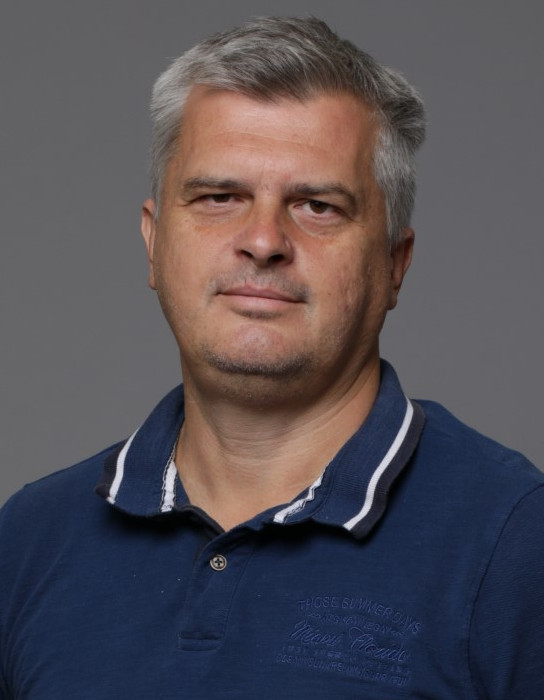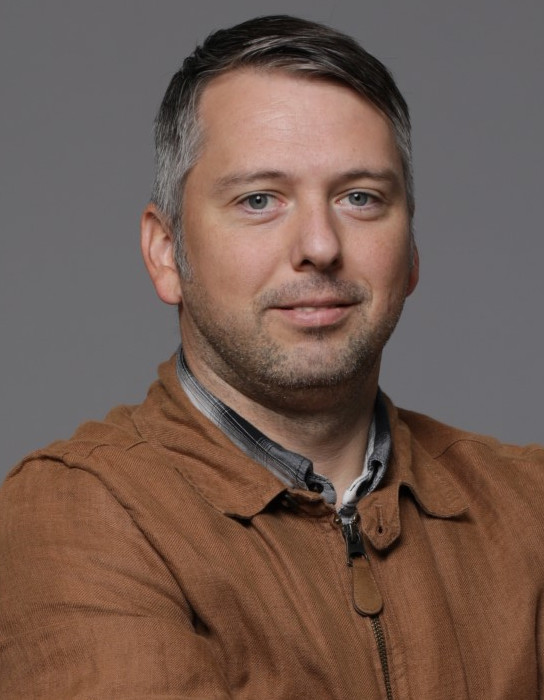Measurement in Technological Processes
Data is displayed for academic year: 2023./2024.
Course Description
Measurement as the part of technology and production process. Principle of operation and selection of the sensors and measurement transducers in relation to their physically-chemical properties and energy transformation. Displacement, deflection and angle, vibration, force and strain measuring sensors. Incremental optical and capacitive sensors. Resistance, capacitance and inductive sensors with digital output. Measurement of torque, RPM, speed and acceleration. Infrared sensors for measuring temperature and displacements. Piezoelectric and Peltier elements. Measurement of air and gass flow (air-flow and mass air-flow sensor) by means of heat wire. MEMS i NEMS transducers (micro and nano electro-mechanical systems).Apllying measuring amplifiers under conditions of high accuracy; controlled and remotely operated amplifiers, differential and instrumentation amplifiers, highly accurate operating amplifiers (low-noising, with low-voltage and low-current offsets and drifts, with the high input resistances).
Study Programmes
University graduate
[FER3-HR] Audio Technologies and Electroacoustics - profile
Elective Courses
(2. semester)
[FER3-HR] Communication and Space Technologies - profile
Elective Courses
(2. semester)
[FER3-HR] Computational Modelling in Engineering - profile
Elective Courses
(2. semester)
[FER3-HR] Computer Engineering - profile
Elective Courses
(2. semester)
[FER3-HR] Computer Science - profile
Elective Courses
(2. semester)
[FER3-HR] Control Systems and Robotics - profile
Elective Courses
(2. semester)
Elective Courses of the Profile
(2. semester)
[FER3-HR] Data Science - profile
Elective Courses
(2. semester)
[FER3-HR] Electrical Power Engineering - profile
Elective Courses
(2. semester)
[FER3-HR] Electric Machines, Drives and Automation - profile
Elective Courses
(2. semester)
Elective Courses of the Profile
(2. semester)
[FER3-HR] Electronic and Computer Engineering - profile
Elective Courses
(2. semester)
[FER3-HR] Electronics - profile
Elective Courses
(2. semester)
[FER3-HR] Information and Communication Engineering - profile
Elective Courses
(2. semester)
[FER3-HR] Network Science - profile
Elective Courses
(2. semester)
[FER3-HR] Software Engineering and Information Systems - profile
Elective Courses
(2. semester)
[FER2-HR] Electrical Engineering Systems and Technologies - profile
Specialization Course
(2. semester)
Learning Outcomes
- define the processes in technical systems
- understand the terminology of measurement systems
- define the components of measurement systems
- analyze the measurement uncertainty
- build the measurement system
- test the measurement sytem
Forms of Teaching
Lectures
The lectures will be implemented using the various techniques and tools such as powerpoint presentations, flash movies and other presentation materials. Some lectures will be organized from the industry experts.
Partial e-learningPresentations as well as other interesting material will be published on the web pages as additional learning tools to the students.
Field workStudents will visit several partners from the industry where they will learn the possibility of using the knowledge gained through the course in their future jobs.
LaboratorySeveral experiments and laboratory exercises will be complementing the lectures
Grading Method
| Continuous Assessment | Exam | |||||
|---|---|---|---|---|---|---|
| Type | Threshold | Percent of Grade | Threshold | Percent of Grade | ||
| Laboratory Exercises | 50 % | 30 % | 50 % | 30 % | ||
| Homeworks | 0 % | 10 % | 0 % | 10 % | ||
| Attendance | 0 % | 10 % | 0 % | 0 % | ||
| Mid Term Exam: Written | 0 % | 30 % | 0 % | |||
| Final Exam: Written | 50 % | 30 % | ||||
| Exam: Written | 0 % | 60 % | ||||
Week by Week Schedule
- Measurements in the production processes, Assembling the transducers in the measurement chain, Sensor characteristics, Adjustment of measuring signals
- Displacement, deflection and angle, vibration, force and strain measuring sensors.
- Incremental optical and capacitive sensors. Resistance, capacitance and inductive sensors with digital output.
- Measurement of torque, RPM, speed and acceleration.
- Infrared sensors for measuring temperature and displacements. Piezoelectric and Peltier elements. Measurement of air and gass flow (air-flow and mass air-flow sensor) by means of heat wire.
- MEMS i NEMS transducers (micro and nano electro-mechanical systems).
- Apllying measuring amplifiers under conditions of high accuracy; controlled and remotely operated amplifiers, differential and instrumentation amplifiers, highly accurate operating amplifiers (low-noising, with low-voltage and low-current offsets and drifts, with the high input resistances).
- Midterm exam
- Regulators. Time-marking and time-operating components and arrangements.
- Composing transducers within the measuring system; refering to the signal processing and data transfer to the control-operation area, extracting disturbances and errors.
- Fundamentals of inteligent measurements.
- Remote control and visualization of measuring and process quantities (SCADA systems).
- Distributed measurement systems.
- Software for measurement systems
- Final exam
Literature
For students
General
ID 222446
Summer semester
5 ECTS
L1 English Level
L2 e-Learning
30 Lectures
0 Seminar
0 Exercises
15 Laboratory exercises
0 Project laboratory
0 Physical education excercises
Grading System
90 Excellent
80 Very Good
65 Good
50 Sufficient


 Pristupačnost
Pristupačnost

